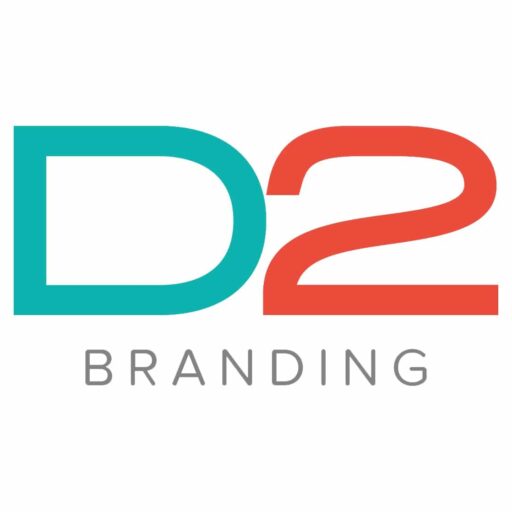What if you had the power to predict your customer’s next move and improve their customer journey from start to finish?
You’ve probably heard a lot about artificial intelligence, or AI, and how it’s changing the world lately. The world of marketing is no exception — AI is transforming our marketing industry in real time.
AI marketing uses artificial intelligence technology to make automated decisions based on data collection, data analysis and observations of audiences or economic trends impacting marketing. This technology is especially useful in the digital marketing space, where speed is essential.
A great example of ways to implement this technology is using AI chatbots to write marketing copy, like blog posts, podcast scripts, Facebook ads or articles. All you have to do is tell the chatbot the topic you’d like for it to write about along with some specific directions. In an instant, you can get a 500 to 1,000 word article back. You can even ask it to create Facebook ad copy for a product. I’ve even seen an example where someone told the bot to make the ad funnier, and it came back funny. It’s amazing what this technology can do.
AI can improve customer interactions as well. Questions like, ‘Will this person be interested in my product or service?’ or ‘What results will I get from this advertising campaign?’ can now be answered with AI when it’s given the right data. AI can produce answers quicker than humans can, which makes work happen much more efficiently. Asking AI marketing-related questions can save you a lot of time and money.
AI can help us figure out what type of content our customers and potential customers are interested in, and the most efficient way to get our message out to them. For example, AI can help you create a great email subject line or an attention-getting headline for your Facebook ad. Headline generation algorithms can monitor how successful it will be, and they can tweak them to achieve better metrics.
AI is developing the ability to take care of the entire content generation process itself by developing copy and graphics that it knows will be well-received by the target audience. It specializes in marketing personalization, which involves serving individual customers content that’s especially tweaked for them. You may already see this with Facebook, Instagram and TikTok ads that feel like they were created specifically to draw you in.
Analysts are also predicting that AI will be helpful for identifying what stage of the buying process a customer is at. If the customer is ‘shopping around’ — comparing other products and services — it can serve content that will differentiate your product or service from your competition. If the software detects that they’re ready to make a purchase, it can target them with an ad urging them to ‘act now’ to take advantage of a limited-time offer or discount.
Brands can also use the features of chat bots like GPT-4 to create engaging content — product descriptions, ads, social media posts — for their customers.
At D2 Branding in Tulsa, Oklahoma, we’re playing around with the idea of Chat GPT in content creation. It’s not perfect and still needs a human eye to oversee it, but it can save your company a lot of time and might be worth exploring.
I always say that if you’re doing the same things in marketing that you were doing five years ago, you’re behind. Technology changes so quickly — what worked five years ago may not even be relevant today. Staying on top of AI advancements in marketing is going to be key to staying relevant to your customers in the future.
I don’t see AI taking over all of our jobs. Instead, I see it enhancing what we do and helping us work more quickly and efficiently to get the desired results. We’ll always need human interaction, but jobs and responsibilities will shift in this new era of technology. The agencies and brands that will stay on top of this evolving technology are the ones who will end up on top.

